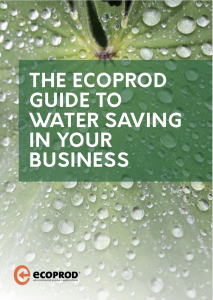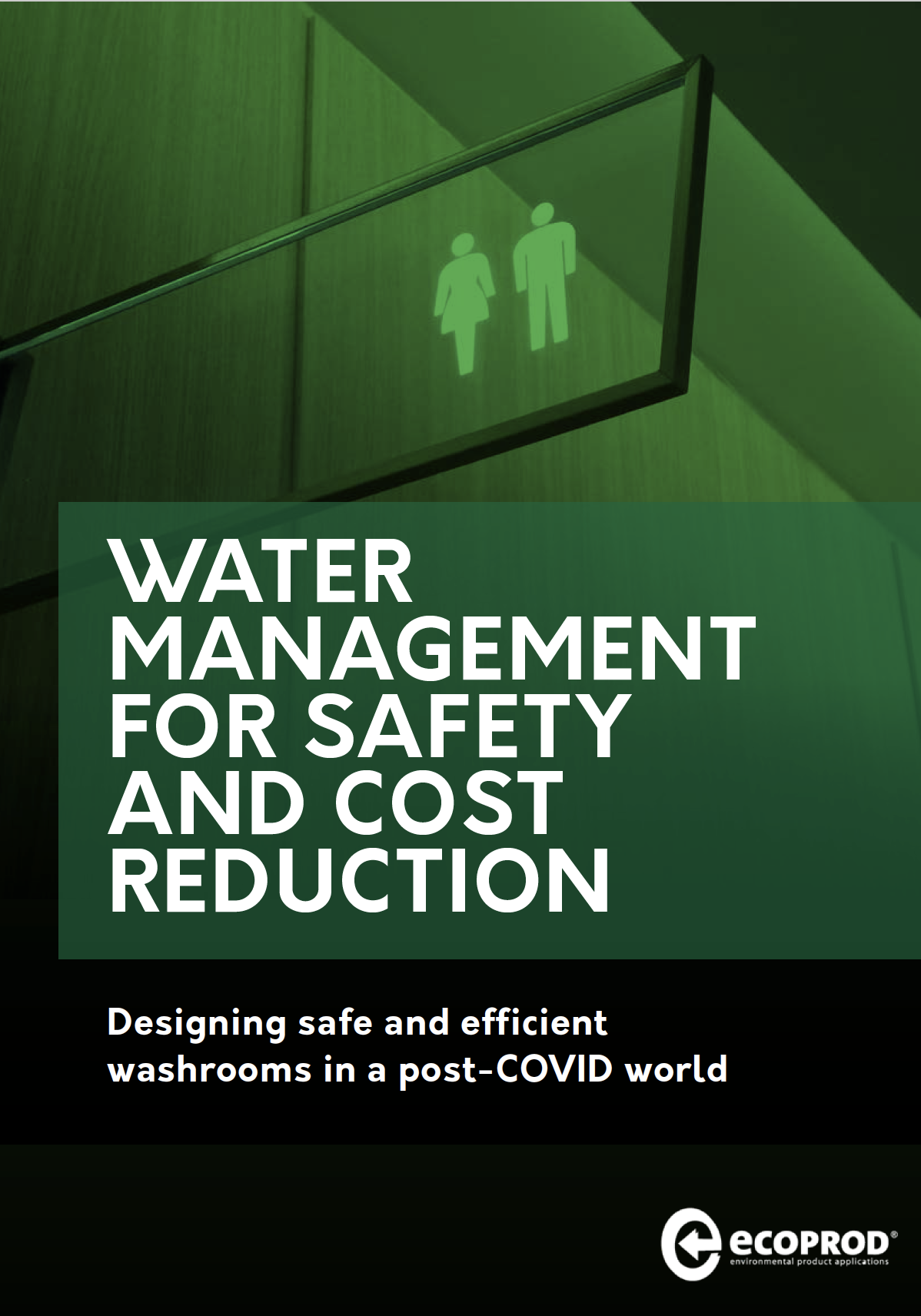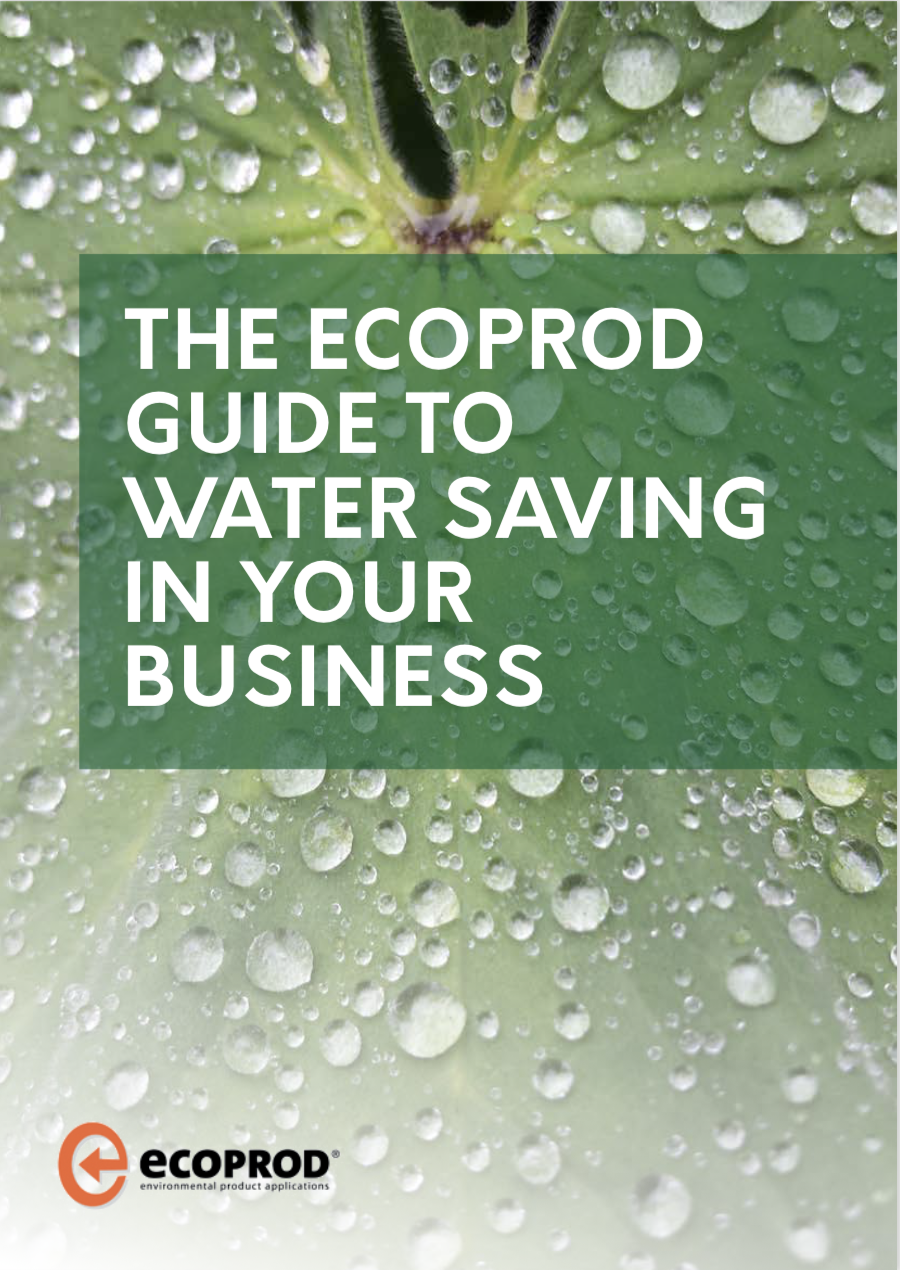The development of URIMAT waterless urinals
URIMAT was founded in 1998. Within the first year of its existence the main patents such as the hydrostatic siphon as well as the advertising display were registered worldwide.
With a brilliant idea and a small staff of experts in research & development and marketing & sales, URIMAT started to change the level of hygiene and ecology in male washrooms. Today URIMAT is the leading manufacturer of ecological flush-free urinals in Europe.
The environmentally friendly products offered by the Swiss manufacturer are enjoying worldwide acceptance and simultaneously bringing hygiene and ecological protection to thousands of washrooms around the globe, as well as many other benefits. URIMAT urinals also provide a unique advertising medium with significant reach in a clearly defined target group.
As a leading company for waterless sanitary technology, URIMAT is continually redefining the quality standard. Our constant striving for new solutions to protect that precious resource, water, has been endorsed over recent years by numerous renowned international environmental awards and certifications.
Every day URIMAT commits itself to protecting the environment and saving water. Our long-term goal is to eliminate all the water that is still currently being used for the disposal of human needs in the sanitary field.
How URIMAT waterless urinals are made
URIMAT waterless urinal bowls are manufactured using high tech facilities and machinery. The polycarbonate bowls are manufactured in a carbon neutral process using 100% renewable power sources. Reject and end of life products are able to be recycled and reprocessed.
High-tech production
The video below shows the high-tech injection moulding manufacturing process for the production of the polycarbonate bowls.
Carbon-neutral processes
URIMAT polycarbonate bowls are manufactured in a process that uses renewable energy from wind and hydro-electric sources.
Efficient transportation
The URIMAT polycarbonate urinal bowls are extremely light and are packed inside each other, two per carton, which keeps the environmental impact of packaging and transportation to an absolute minimum.



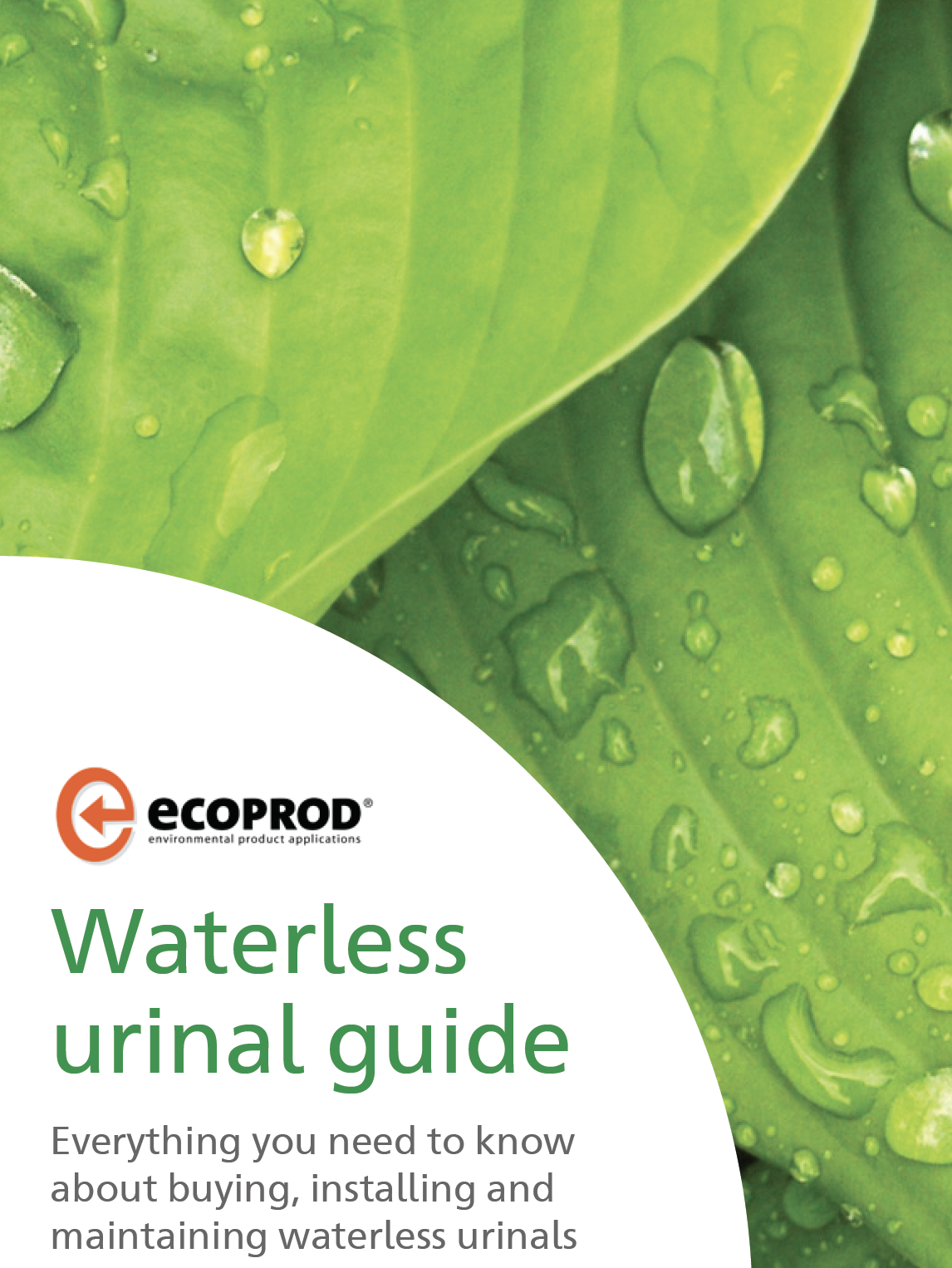
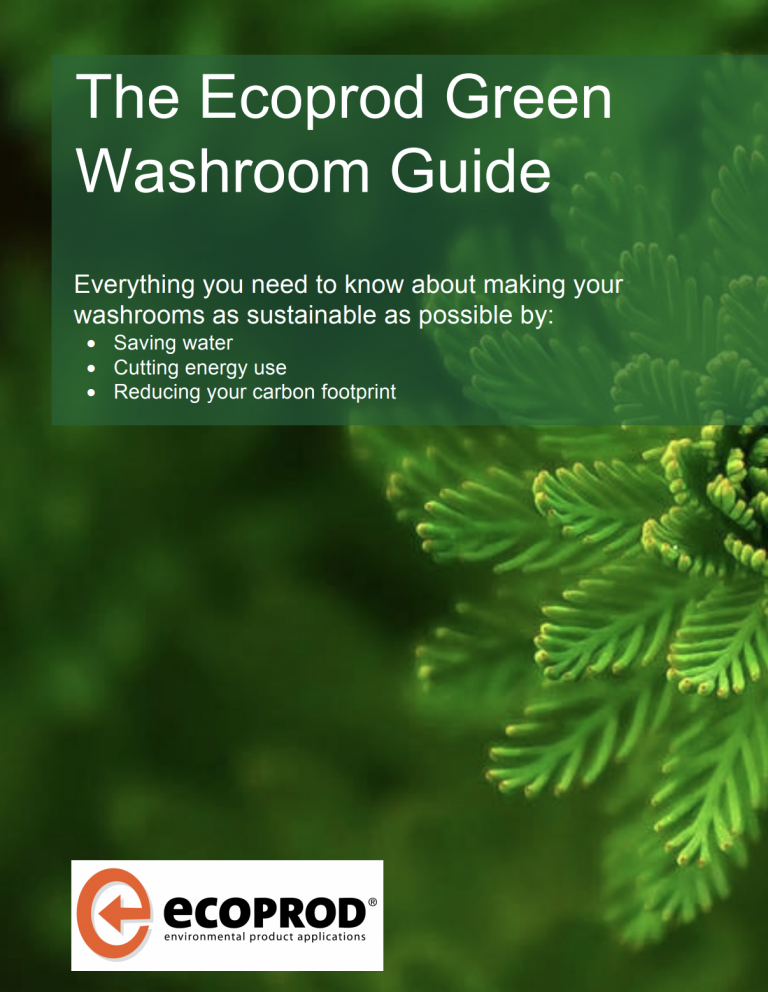
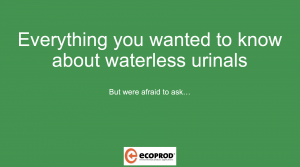
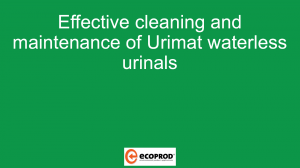





 For the last 8 years Robert Summer – Head of International Sales and Marketing – has developed structured distribution network worldwide for CONTI+ brand. The products offer great benefit for washrooms and shower rooms for public, semi-public and health sector. Today, sustainability, hygiene and smartness are key to CONTI+ solutions. Robert lives the brand and its USPs and loves to support and motivate his team on a daily basis.
For the last 8 years Robert Summer – Head of International Sales and Marketing – has developed structured distribution network worldwide for CONTI+ brand. The products offer great benefit for washrooms and shower rooms for public, semi-public and health sector. Today, sustainability, hygiene and smartness are key to CONTI+ solutions. Robert lives the brand and its USPs and loves to support and motivate his team on a daily basis.




